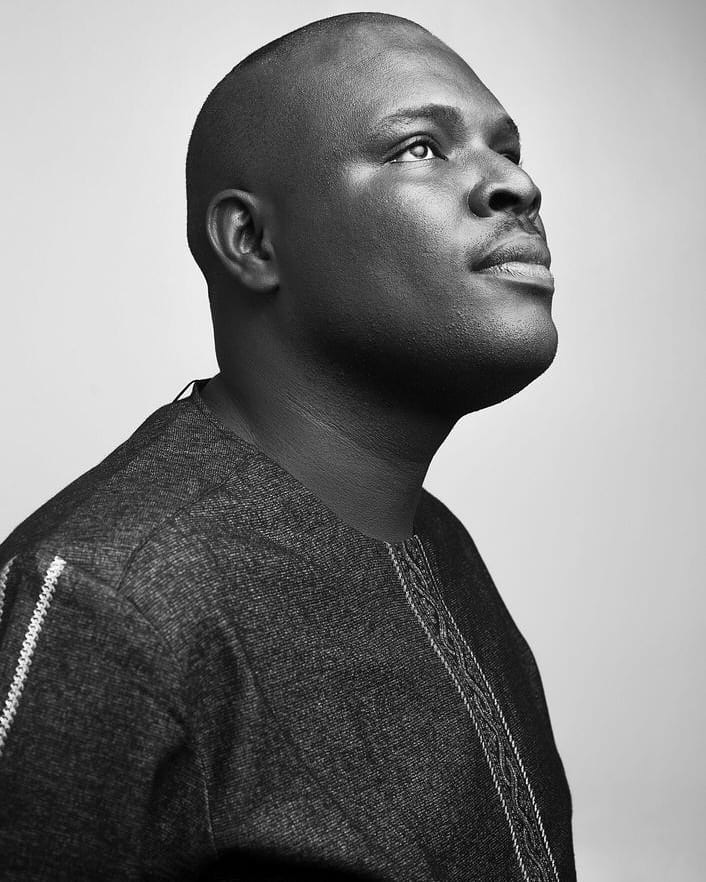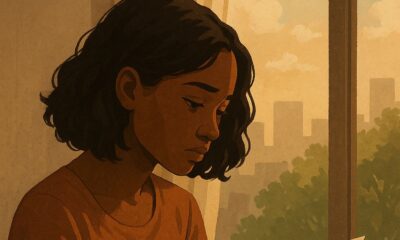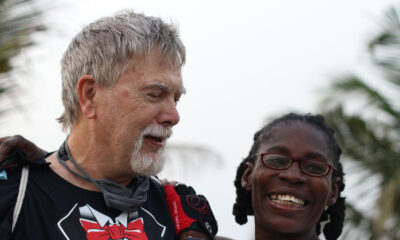Features
The Daily Vulnerable by Chude Jideonwo: Love & Duty
Love makes you feel safe and secure. Love is knowing deep inside of you that this person cares deeply about you, that this person wishes well for you, that this person will always do all that they can, whenever they can, to be there for you in the way that they believe you need.
 When you die, if you are West African like I am, your kinsmen will most likely rally around and arrange your burial. Those who hated you and cursed you out, who didn’t once celebrate with you when you were alive, will donate at family meetings. They will wear the burial uniform, may even cry at the appropriate moments.
When you die, if you are West African like I am, your kinsmen will most likely rally around and arrange your burial. Those who hated you and cursed you out, who didn’t once celebrate with you when you were alive, will donate at family meetings. They will wear the burial uniform, may even cry at the appropriate moments.
When you are ill, your alcoholic father who also abused you sexually will take you to the hospital, will pay for your health care, bring you home to rest.
When you need money for a vacation, your cheating, invulnerable husband or wife may give you enough money to make the trip, with enough to buy expensive things that you can throw into a conversation with your friends or put up on an Instagram post.
Your younger sister can be very dutifully taking care of your house and your children, while telling everyone she meets about how wicked and heartless you absolutely are, despite you paying her fees, feeding her, and giving her pocket money.
Unfortunately, you may look upon this sense of duty – this finely evolved human sense of kin selection and mutual cooperation – and assume that it is love. And many of us do. When asked why we stay with a situation, keep up with toxic people and allow negative energies in our space, we point to actions and say “that person must love me to do this.”
In rare cases, when dealing with a cocaine-addicted person who has lost control of their reflexes for instance, we may be right. But that is in very rare cases. In the vast abundance of cases, you are confusing a sense of duty – brought about by tradition, society, or basic human empathy – with love.
Love makes you feel safe and secure. Love is knowing deep inside of you that this person cares deeply about you, that this person wishes well for you, that this person will always do all that they can, whenever they can, to be there for you in the way that they believe you need.
It doesn’t mean that a person who loves you can’t hurt you. They can, often unconsciously. But even at those times, the knowing within you remains without any doubt: that this is an aberration and not a constant.
To receive The Daily Vulnerable in your inbox every day, subscribe at www.mytdv.com


















